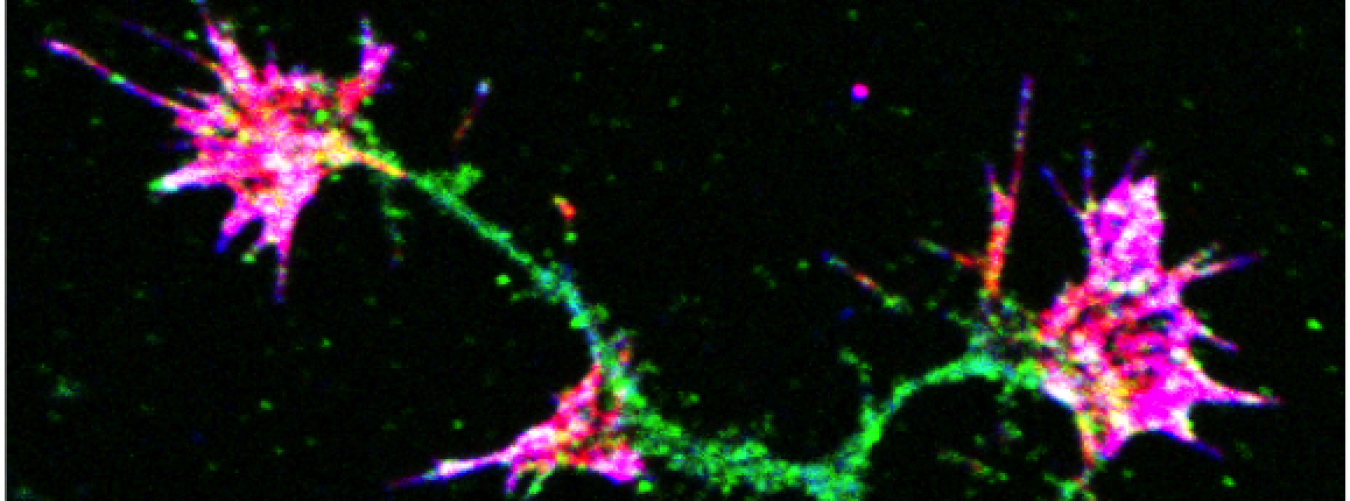23 April 2018
Written by Alice Goring
Young Entrepreneur Scheme (YES) competitions happen across the UK and aim to provide you with an insight into the life of an entrepreneur or an introduction to what it would be like working in industry. There are many different scientific themes; plants, microbial and environmental, biomedical and finally food, nutrition and wellbeing.
Last year I attended Biomed YES, which was held at the GSK Stevenage Bioscience Catalyst. It was a really exciting competition open to both PhD students and post-docs. Alice was encouraged to attend, along with a group of four other PhD students from Southampton after hearing very positive feedback from a student who had attended in the past. It gave her the stepping-stone she needed to start her own company and until we spoke, I hadn’t heard much about the competition at all.
‘’I hope that writing this will encourage more people to give it ago this coming year as it really was a great few days!’’ says Alice.

Biomed YES has a ‘Dragon’s Den’ type competition. It consists of three jam-packed days of talks on everything from intellectual property, to finance, to working in a non-academic environment. Even if you are fairly certain that you want to go down the academic route, these talks are real eye openers and give you a great insight into the life of an entrepreneur. The general consensus seemed to be that you have to be prepared to be knocked down plenty of times and accept failure, but if you work hard it will absolutely pay off and there can be a huge amount to gain.
After a whistle-stop tour on every aspect involved in starting your own company, it is then your turn to pull together a hypothetical business idea which you must present on the last day to a panel of ‘potential investors’. After creating a hypothetical company including a name and a logo, you have to design your product. The standard at this competition is very high and most groups have thought about their business plan, business name and started to make slides for the presentation in advance. The three days go very quickly and most teams pulled an all-nighter on the final night to make sure their talk was polished to perfection!
As it was a Biomedical workshop, the team had to think of something that hadn’t been done before and fitted well with the theme. Our idea changed lots of times before arriving at the competition but in the end we came up with a new method for wound healing. This evolved from dissolvable stitches which released growth factors and accelerators of healing into the wound as they dissolved, to a collagen gauze with growth factors and promoters of wound healing embedded into its structure, which you inserted into a surgical wound before stitching it up to promote healing. The idea was the easy part though and the team had to think of how much money we would sell our product for, who we would sell it to, the expected turnover (all things which are extremely important to investors), IP and which parts of our product could be patented, how the company would evolve and who the competitors were.
There was lots of very good competition with about 20 teams, some of which had been practicing the presentation for months beforehand! One group thought of a way to prolong the lifetime of organs following organ donation so that less went to waste and more lives were saved as a result of transplant, which we all thought was a really good idea. Some of the ideas were also pretty abstract which was absolutely fine as long as you could talk about your company and sell your product to the panel as if it was the best thing ever invented!
On the final day, each of the five team members talked about their respective responsibilities in the company in the style of a powerpoint presentation; marketing, research and development, competitors, finance and IP. You could also make up a list of further employees that don’t necessarily have to be present on the final day – this is completely hypothetical and you can choose the rest of your team based on their skills and by reading their profiles on the internet. So for example if you wanted the CEO of Merck to be part of your hypothetical company, for this day only there is no reason why he couldn’t be! After this (like Dragon’s Den) questions were asked. This is when you realise that sometimes saying less is more as they were very receptive to the tiniest thing that you said which didn’t quite add up and this saw a few of the teams getting in a bit of a muddle!
We scored very high, but unfortunately were just pipped to the post by another team. It was a great experience and a really good chance to get to know people from different departments across the university. It also was a really good way to meet people from other universities and develop great life skills to take away! It was very generously funded, making it a really nice change of scene from the lab and a good thing to put on CV’s, whilst not having to worry about the cost of it. I would definitely recommend it to anyone who is not quite sure about what they want to do in the future. Even if you are sure, taking part in Biome YES is a great thing to put on your CV and a really good way to practice your presentation technique for future conferences. If you win your group in the first round you get into the UK final which is held in London……and if you win that you get an all-expenses paid trip to USA, which is also a great incentive!
More info? click on the following links
here https://bsps.susu.org/?p=472
here http://www.yescompetitions.co.uk/
here https://bbsrc.ukri.org/funding/filter/biotechnology-yes/

